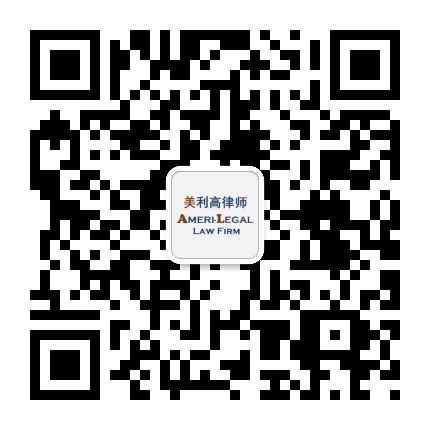The source of the contents below is USCIS website and AFM Chapter 34.
The E-1 visa allows a national of a treaty country (a country with which the United States maintains a treaty of commerce and navigation, or which the United States maintains a qualifying international agreement, or which has been deemed a qualifying country by legislation) to be admitted to the United States solely to engage in international trade on his or her own behalf.
E-1 Visa Eligibility:
E-1 Treaty Trader
- Treaty trader must be a national of a country with which the United States maintains a treaty of commerce and navigation or with which the United States maintains a qualifying international agreement, or which has been deemed a qualifying country by legislation;
- Carry on substantial trade; and
- Carry on principal trade between the United States and the treaty country which qualified the treaty trader for E-1 classification.
Trade is the existing international exchange of items of trade for consideration between the United States and the treaty country. Items of trade include but are not limited to:
- Goods
- Services
- International banking
- Insurance
- Transportation
- Tourism
- Technology and its transfer
- Some news-gathering activities.
E-1 Employee of Treaty Trader
An E-1 alien may be the actual owner of a qualifying enterprise or an employee of such enterprise working in an executive or supervisory capacity or in a capacity which requires special qualifications essential to the operation of the enterprise. Such employees must have the same nationality as the principal employer. An E-1 alien may perform services for the parent treaty organization or any of its subsidiaries. [AFM Chapter 34]
- Employee of Treaty Trader must be the same nationality of the principal noncitizen employer (who must have the nationality of the treaty country)
- Meet the definition of “employee” under relevant law
- Either be engaging in duties of an executive or supervisory character, or if employed in a lesser capacity, have special qualifications that make the employee’s services essential to the efficient operation of the treaty enterprise.
If the principal noncitizen employer is not an individual, it must be an enterprise or organization at least 50% owned by persons in the United States who have the nationality of the treaty country. These owners must either: (a) be maintaining nonimmigrant treaty trader status or (b) if the owners are not in the United States, they must be, if they were to seek admission to this country, classifiable as nonimmigrant treaty traders. [8 CFR 214.2(e)(3)(ii)].
Period of Stay
Qualified treaty traders and employees will be allowed a maximum initial stay of two years. Requests for extension of stay in, or changes of status to, E-1 classification may be granted in increments of up to two years each. There is no limit to the number of extensions an E-1 nonimmigrant may be granted. All E-1 nonimmigrants, however, must maintain an intention to depart the United States when their status expires or is terminated.
How to Apply
Because a treaty trader does not require a separate petition, E-1 status may be obtained directly through the Department of State (by applying for an E-1 visa with the U.S. consulate abroad). U.S. consulate in different counties have specific process for the E-1 visa application. Alternatively, in the case of an alien already in the U.S., the E-1 visa status can be obtained by applying to the appropriate USCIS service center (the center having jurisdiction over the business) for a change of status on Form I-129, including the E supplement. Supporting documents to be submitted with an E-1 application include documents to establish the nature of the employment and the ownership of the enterprise.



